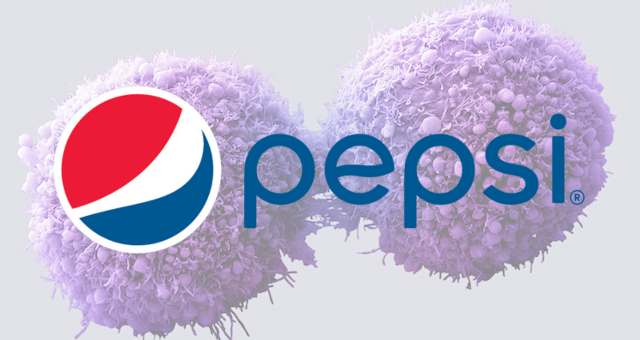In 2013, The Center for Environmental Health (CEH) went public with test results and allegations that PepsiCo was intentionally covering up the fact that their uber-popular soft drinks contain elevated levels of 4-Methylimidazole (4-MeI), a known carcinogen formed in the manufacturing process of caramel coloring.

PepsiCo, of course, denied these allegations, claiming at first that 4-MeI is safe to drink and that they had furthermore removed this chemical from their products, and has since been fighting to avoid having to put a cancer warning label on their popular Pepsi, Diet Pepsi, and Pepsi One products in California.
“Pepsi claims that the 4-Mel chemical is safe, noting that the FDA and other regulatory agencies have not deemed the chemical unsafe.
According to USA Today, the Food and Drug Administration says a consumer would have to drink more than 1,000 cans of soda a day to reach the doses administered that have shown links to cancer in rodents. But, after a study on mice and rats linked the coloring chemical to cancer, California added 4-Mel to its list of carcinogens.”
Fast forward to 2016.
A Federal Judge in California has preliminarily approved a settlement in a class action suit against PepsiCo in which lead plaintiff Mary Hall alleges, again, that PepsiCo failed to warn its customers of the potential risks of drinking Pepsi products containing caramel coloring and 4-MeI.
“Under the proposed settlement, Pepsi agreed to require its caramel coloring suppliers to meet certain 4-MeI levels in products shipped for sale to the United States, to ensure that the carcinogen’s levels will not exceed 100 parts per billion.
PepsiCo has now agreed to ‘monitor’ the amount of the carcinogenic food coloring in their soft-drinks, which is essentially the same agreement that in 2015 resulted from an injunction filed by CEH, however, this new settlement requires the soda manufacturer to monitor levels of 4-MeI in their products nationwide, not just in California.
Thirsty for Cancer
“In total, Americans consumed 8.7 billion 192-ounce cases of carbonated soft drinks in 2015. That’s 1.5 billion cases fewer than peak volume, which was 10.2 billion cases in 2004.”
The amount of soft drinks Americans consume annually is actually on the decline at present, however the World Health Organization estimates that cancer rates will rise as much as 50% by 2020.Furthermore, recent reports have identified sugar as a top cause of the global cancer epidemic, and much of the water used by soft-drink makers is treated with sodium fluoride, fluorosilicic acid, or sodium fluorosilicate, which have been linked to cancer by the American Cancer Society.
Basically, people are drinking known carcinogens for the cosmetic benefit of having a pretty colored beverage… and PepsiCo is OK with this.
If it has taken this many years and this much public outrage to get the soft drink giant to even ‘monitor’ the levels of carcinogens in this globally popular drink in California, what is Pepsi doing in other countries? Are people around the world taking even heavier doses in places where regulation, oversight and activism is less prominent and effective than it is in California?

Facebook Comments